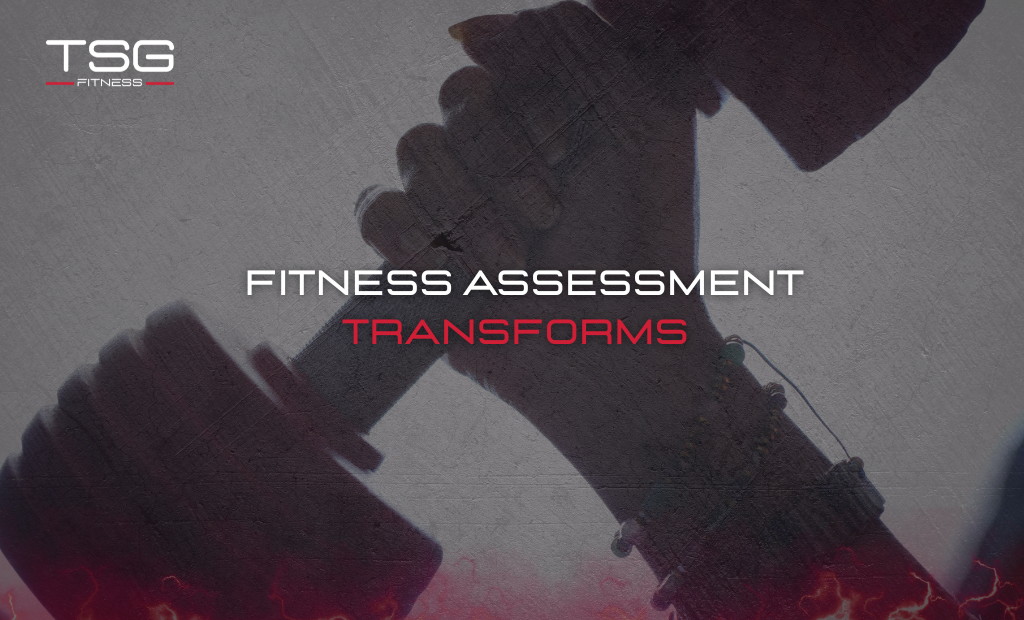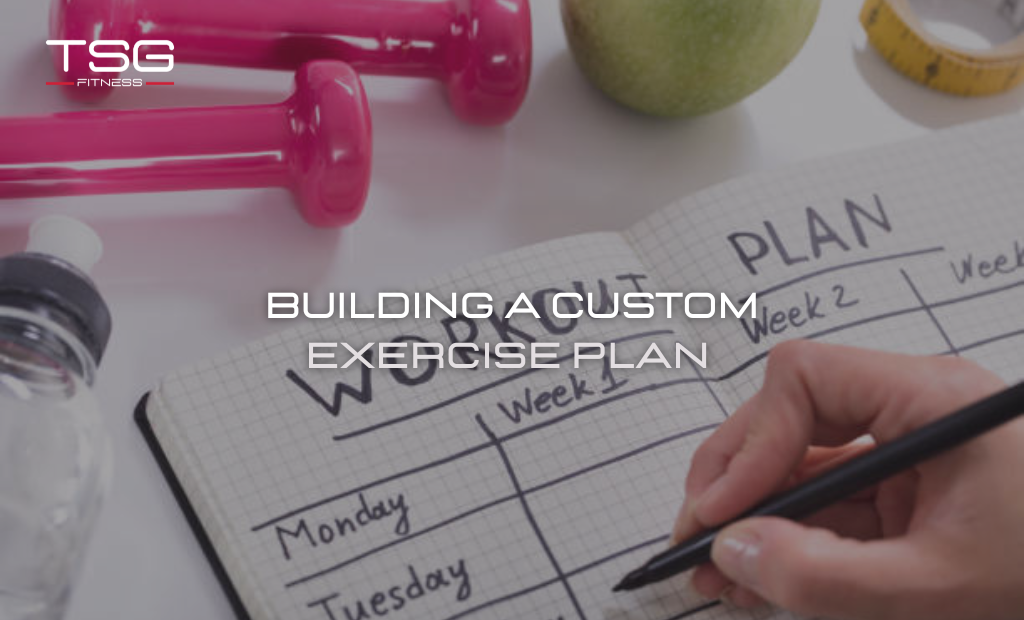
How a Sports Performance Assessment Transforms Your Workout Plan: Case Studies
In today’s data-driven athletic world, a one-size-fits-all workout simply won’t cut it. Sports performance assessments deliver the insights required to personalize training, eliminate guesswork, and unlock measurable improvement. By combining physiological testing, biomechanical analysis, and sport-specific metrics, these assessments reveal each athlete’s unique strengths, weaknesses, and response patterns—then transform this data into actionable, results-focused workout plans.
This article explores how cutting-edge performance analysis reshapes training strategies. Through real-world case studies, you’ll see how athletes across levels—from weekend warriors to elite competitors—dramatically enhance efficiency, reduce injury risk, and exceed their goals.
What Is Sports Performance Analysis and Why It Matters
Sports performance analysis encompasses the systematic collection and interpretation of data that describe an athlete’s physical output, movement quality, tactical decisions, and physiological responses. Rather than relying on coach memory or intuition, performance analysis applies objective measurements—heart rate variability, sprint times, force output, motion-capture metrics—to deliver a comprehensive performance profile.
Key benefits include:
- Personalized training prescriptions that match an athlete’s current capacity and desired progression.
- Identification of hidden inefficiencies or compensations that impose injury risk.
- Reliable tracking of adaptation to training loads, ensuring optimal training stress and recovery balance.
- Tactical insights that align physical preparation with sport-specific demands.
The Analytics Revolution: From Manual Logs to Real-Time Metrics
Historically, coaches relied on anecdotal reports and manual notation to guide training. Today’s ecosystem integrates wearable sensors, GPS tracking, force plates, and video analysis software—feeding real-time data into cutting-edge analytics platforms. These tools automate the extraction of performance indicators and visualize trends that would be impossible to discern otherwise.
Internal and External Data Sources
- Internal: Heart rate, blood lactate, VO₂ kinetics, muscle oxygenation.
- External: GPS-derived speed/acceleration, movement trajectories, contact forces.
Combining both sets in a unified dashboard empowers coaches to understand not only what happened during training or competition, but why it happened—and how to respond in subsequent sessions.
Transformative Case Studies
Case Study 1: Sprint Efficiency in a Collegiate Track Athlete
A female 400m runner plateaued despite high training volume. A performance assessment revealed ground-contact times 12% slower on her left foot and suboptimal ankle dorsiflexion. Targeted plyometric drills and joint-mobility sessions reduced asymmetry by 8% in four weeks, translating into a 0.4-second personal best.
Case Study 2: Volume Management for a Marathoner
A seasoned marathoner struggled with late-race fatigue and repeated Achilles flare-ups. Physiological testing uncovered a low lactate threshold relative to VO₂ max, indicating inefficient running economy. By shifting 20% of weekly mileage toward threshold intervals and strength sessions, her lactate threshold improved by 15%, enabling even pacing and pain-free long runs.
Case Study 3: Tactical High-Intensity Demands in Team Sport
A soccer midfielder showed impressive aerobic capacity but struggled to sustain high-speed efforts in match-day scenarios. GPS and accelerometer data pinpointed a drop-off in sprint frequency after the 60th minute. Through targeted repeated-sprint training and neuromuscular conditioning, his high-intensity work-rate improved by 25% in six weeks, resulting in more impactful late-game contributions.
From Assessment to Personalized Workout Plan
Sports performance assessments follow a clear workflow:
- Initial Testing & Baseline Profiling
Cardiovascular, strength/power, movement-pattern, and sport-specific drills establish a comprehensive baseline. - Data Interpretation & Goal Setting
Specialists integrate results to prioritize training objectives—whether boosting power, enhancing endurance, correcting movement deficits, or improving tactical execution. - Customized Program Design
Strength, conditioning, mobility, and recovery modules are tailored to each athlete’s physiological and biomechanical profile. - Progress Monitoring & Adjustment
Ongoing mini-assessments detect adaptation plateaus or emerging imbalances, prompting dynamic program tweaks to sustain optimal progress.
Tools of the Trade: Technology Enabling Precision
Performance analysis leverages specialized software—such as inertial-sensor platforms, force-plate analytics, and video-tagging suites—to collect, process, and visualize data. By automating computations like expected goals (xG) in team sports or power-duration modeling in endurance athletes, these tools equip coaches with immediate, actionable intelligence.
Maximizing Your Results: Preparing for Assessment
To get the most from a performance assessment:
- Choose a Specialized Facility with sport-specific testing protocols.
- Be Honest About Your Training History and any pain or compensations.
- Ensure Rested & Hydrated Condition so results reflect true capacity rather than fatigue.
- Ask Questions about how data will shape your training plan.
The Future of Personalized Training
Advances in wearable technology and artificial intelligence promise even more individualized insights—real-time feedback on movement patterns, predictive models of injury risk, and adaptive workout programs that evolve with each session’s data. As assessments become integrated into routine training, the distinction between testing days and training days will blur, creating a seamless performance-optimization ecosystem.
Conclusion: Data-Driven Excellence
The era of “cookie-cutter” workouts is over. Sports performance assessments transform training by providing objective, sport-specific insights that drive smarter programming, faster progress, and injury prevention. Whether you’re a weekend athlete seeking better results or an elite competitor chasing podium finishes, integrating comprehensive performance analysis into your routine ensures every session counts.
Contact TSG Fitness today to schedule your personalized sports performance assessment—and unlock the tailored path to your best workout plan yet.



